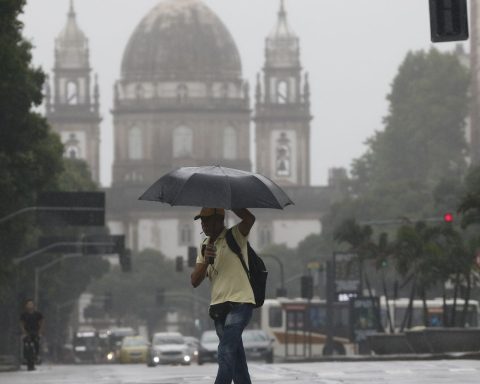Nicaragua registered a deficit in its trade balance of 1,271.6 million dollars between January and August of this year, 50.5% more than that registered in the same period of 2021, the Central Bank of the Central American country reported this Sunday.
The accumulated deficit as of last August was 426.5 million higher than that registered in the same period of 2021 (845.1 million), the State issuing bank specified in a report on foreign trade in goods.
Related news: Nicaragua captured 23.4% more in direct foreign investment, says the Central Bank
The trade deficit of 1,271.6 million dollars represents 9.1% of Nicaragua’s Gross Domestic Product (GDP).
The increase in the deficit to August was the result of the increase in imports (6,778.6 million), which exceeded the rise in exports (5,507 million), explained the monetary authority.
Total exports accumulated 5,507 million dollars in the first eight months of 2022, which meant a year-on-year increase of 19.3%, mainly due to the growth in merchandise sales and gross exports from the free zone, the source noted.
Meanwhile, imports as of last August totaled 6,778.6 million dollars, reflecting a year-on-year growth of 24.2%, mainly due to the increase in the prices of imported goods and supplies (24%).
There was also higher spending on the oil bill (67%), purchases of supplies and raw materials for the productive sectors of agriculture, industry and construction (20.8%), as well as consumer goods (17.4%) , detailed the issuer.
Nicaragua foresees a growth of its GDP of between 4% and 5% in 2022.
Nicaragua’s economy grew 10.3% in 2021, the first year of growth after three years in a row of closing with a red balance, according to the Central Bank.
The Nicaraguan economy had contracted by an average of -3.03% per year in the 2018-2020 period.
The GDP decreased by 2% in 2020, as a result of the covid-19 pandemic and the damage caused by hurricanes Eta and Iota, in November of that year, according to the monetary authority.
In 2019 it fell 3.7% and 3.4% in 2018, due to the socio-political crisis that has affected the country for 54 months, according to the issuer.


















